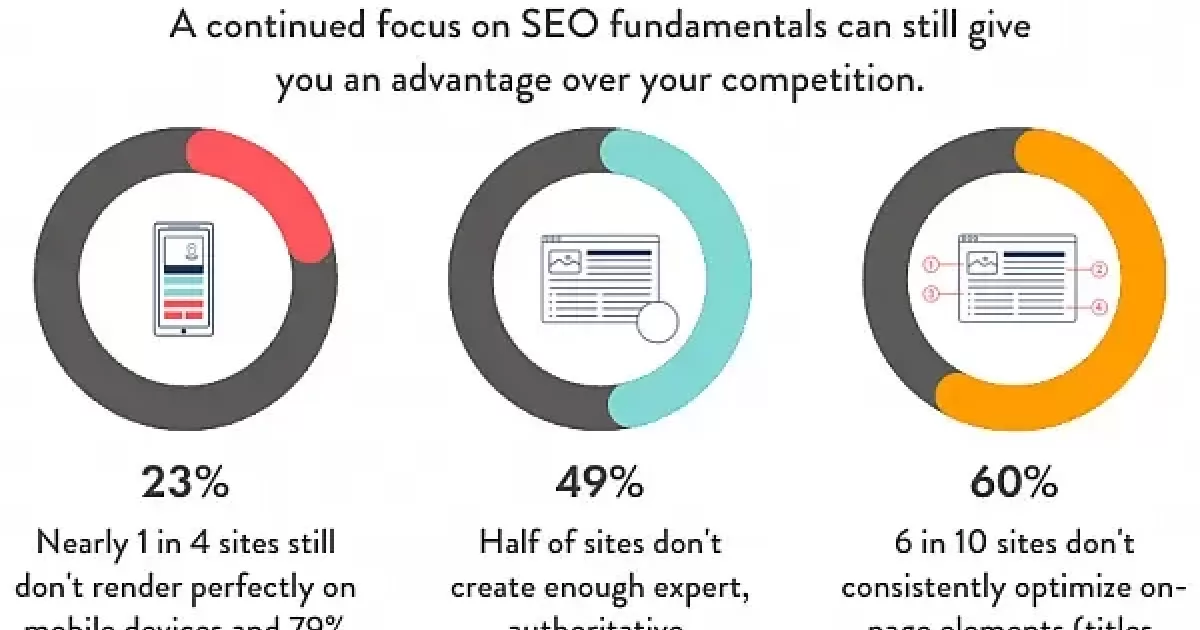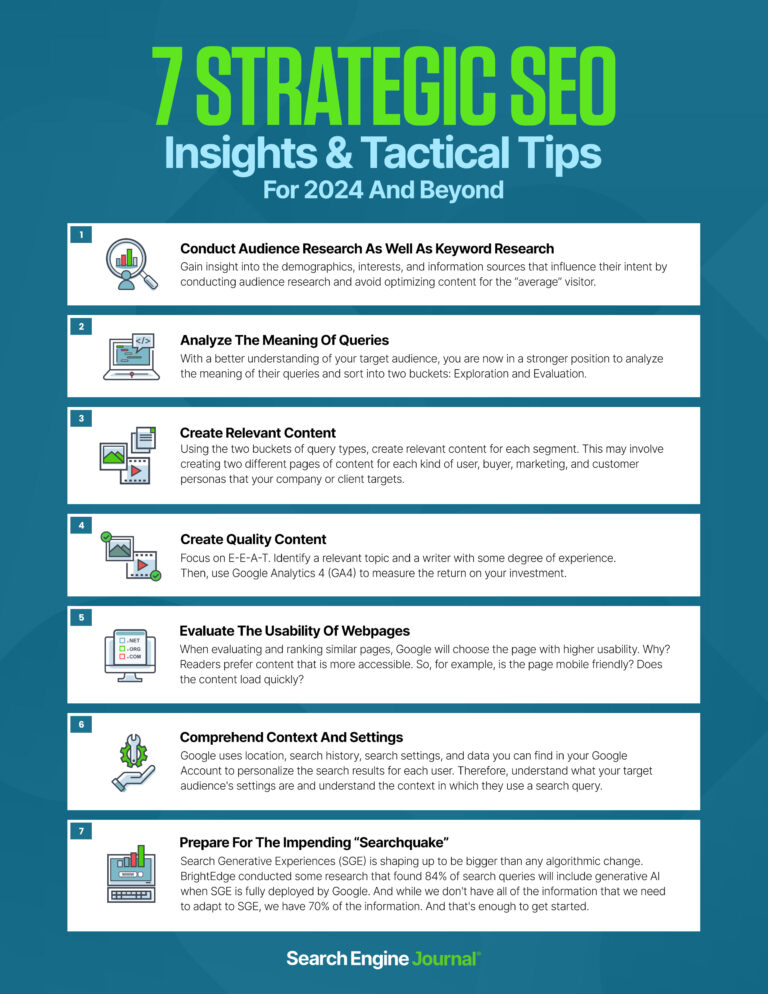Discover how mastering the art of managing misspellings can skyrocket your website’s SEO rankings and boost your online visibility.

Image courtesy of via DALL-E 3
Table of Contents
- Introduction to Managing Misspellings in SEO
- Understanding Misspellings
- Why Misspellings Matter for SEO
- Strategies to Manage Misspellings in SEO
- Using Tools to Correct Misspellings
- Monitoring and Updating Content
- Real-Life Examples and Success Stories
- Recap and Final Thoughts
- Frequently Asked Questions (FAQs)
Introduction to Managing Misspellings in SEO
When you’re searching for something on the internet, have you ever made a spelling mistake? Maybe you typed ‘wether’ instead of ‘weather’ or ‘accomodate’ instead of ‘accommodate’. These small mistakes are called misspellings, and they can actually have a big impact on websites. In this section, we will explore why managing misspellings is crucial for SEO strategies and how it can help bring more visitors to a website.
Imagine you have a favorite website that you visit often. Now, what if you couldn’t find it because the words were spelled wrong on the search engine? That’s where managing misspellings in SEO comes in. By understanding and fixing these common errors, websites can ensure that people can easily find them when searching online.
So, let’s dive into the world of managing misspellings and discover how it can make a difference in the digital landscape.
Understanding Misspellings
Misspellings are words that are not spelled correctly. Sometimes, people make mistakes when writing, and these mistakes can happen for many reasons. Let’s take a look at what misspellings are and why they happen.
What are Misspellings?
Misspellings are when words are written with letters mixed up or missing. For example, instead of writing ‘receive,’ someone might write ‘recieve.’ This small mistake can change the meaning of a word and make it harder for people to understand.
Common Mistakes
Common spelling mistakes include mixing up letters like ‘i’ and ‘e’ in words, forgetting to double letters in words like ‘occurred,’ or using the wrong form of a word like ‘there,’ ‘their,’ and ‘they’re.’ These mistakes happen because English spelling rules can be tricky, and sometimes our brains play tricks on us.
Why Misspellings Matter for SEO
Misspellings may seem like innocent mistakes, but in the world of SEO, they can have a big impact on how visible a website is in search engine results. Let’s explore why getting your spelling right is crucial for your online presence.

Image courtesy of via Google Images
Impact on Search Engines
Search engines like Google use complex algorithms to understand the content of websites and determine their relevance to specific search queries. When a website contains misspelled words, it can confuse these algorithms, leading to lower rankings in search results. This means that potential visitors may not be able to find your website easily, resulting in decreased traffic.
Effect on Traffic
Correct spelling is essential for attracting visitors to your website. When people search for information online, they typically use keywords or phrases to find what they are looking for. If your content includes misspelled versions of these keywords, it’s less likely to appear in search results. As a result, your website may miss out on valuable organic traffic, leading to fewer visitors and potential customers.
Strategies to Manage Misspellings in SEO
When it comes to optimizing your website for search engines, managing misspellings is crucial for improving visibility and attracting more visitors. Here are some effective strategies you can implement to handle misspellings in the context of SEO:
Keyword Research
One key strategy in managing misspellings is conducting thorough keyword research. By identifying commonly misspelled keywords related to your content, you can better understand how users may search for your products or services. Utilize tools like Google Keyword Planner or SEMrush to uncover these misspelled terms and incorporate them strategically into your content.
Using Misspelled Keywords
While it’s essential to maintain high-quality content, incorporating misspelled keywords can actually benefit your SEO efforts. Sprinkle these misspelled keywords naturally throughout your website copy, blog posts, and meta tags to capture the attention of users who may make similar spelling errors in their search queries. This approach can help broaden your reach and drive more organic traffic to your site.
Using Tools to Correct Misspellings
When it comes to managing misspellings on your website for better SEO, using tools can be a game-changer. These tools can help you identify and correct errors that might otherwise go unnoticed. Let’s explore how you can utilize these tools effectively.

Image courtesy of via Google Images
Popular Tools
There are various tools available that can assist you in spotting misspellings and ensuring your content is error-free. Some popular options include Grammarly, Spellcheck, and Hemingway Editor.
Grammarly is a well-known writing assistant that not only checks for spelling mistakes but also helps improve your overall grammar and readability. Spellcheck is a simple tool that can quickly identify and correct misspelled words. Hemingway Editor focuses on enhancing readability and can highlight complex sentences or common mistakes.
Using Tools Effectively
To make the most of these tools for SEO purposes, it’s essential to use them strategically. Here are some tips on how to effectively utilize spelling and grammar checkers:
1. Regularly run your content through a spelling and grammar checker before publishing to catch any errors.
2. Take advantage of the suggestions provided by these tools to improve the quality of your content.
3. Pay attention to common misspellings or grammar mistakes that the tools identify, as these could impact your SEO rankings.
4. Don’t solely rely on tools; always review your content manually to ensure accuracy.
By incorporating these tools into your content creation process, you can significantly enhance the quality of your website’s content and improve its SEO performance.
Monitoring and Updating Content
In the world of SEO, keeping your website content up to date and free from misspellings is crucial for boosting your search engine visibility. Let’s dive into how you can effectively monitor and update your content to maintain its quality.
Regular Checks
Regularly checking your website for misspellings is like giving it a health check-up. By conducting periodic reviews of your content, you can catch any spelling errors before they impact your SEO. Set a schedule to go through your pages and look for any misspelled words that need correcting. This proactive approach can help you stay on top of your content quality.
Updating Content
Updating your content goes beyond just fixing misspellings. It involves refreshing your pages with new information, improving readability, and ensuring that your keywords are still relevant. When updating your content, pay close attention to spelling errors that may have slipped through previously. By consistently improving your website’s content, you not only avoid common spelling mistakes but also signal to search engines that your site is active and valuable to users.
Real-Life Examples and Success Stories
Let’s take a look at an online clothing store that struggled to attract enough visitors to their website. They discovered that potential customers were mistyping their brand name, “StylishTrend,” as “StylishTrendy.” By incorporating the misspelled version into their keyword strategy and content, they noticed a significant increase in website traffic. This simple adjustment led to a 20% boost in their SEO rankings and a noticeable uptick in sales.

Image courtesy of via Google Images
Case Study 2
Another great example is a local bakery that found themselves competing with larger chain stores in their area. After conducting thorough keyword research, they identified several common misspellings of their specialty item, “cinnamon croissants.” By strategically incorporating these misspelled keywords into their website’s content, they saw a remarkable improvement in their search engine rankings. This resulted in a 30% increase in online orders and a surge in customer engagement on their website.
Recap and Final Thoughts
Throughout this article, we’ve delved into the world of managing misspellings to enhance SEO strategies. Understanding the impact of misspelled words on search engine visibility is crucial for any website looking to attract more visitors.
Key Points Recap
We started by defining misspellings and illustrating common mistakes people make, such as writing ‘recieve’ instead of ‘receive’. We then explored why misspellings matter for SEO, highlighting their effect on search engines and website traffic. Additionally, we provided actionable strategies like conducting keyword research to incorporate misspelled keywords into content without compromising quality.
Final Thoughts on Managing Misspellings
It’s evident that managing misspellings effectively can significantly impact a website’s SEO performance. By using tools like Grammarly and regularly updating content to eliminate misspellings, websites can improve their visibility and ultimately attract more visitors. Remember, attention to detail in spelling can make all the difference in the competitive online landscape.
Want to turn these SEO insights into real results? Seorocket is an all-in-one AI SEO solution that uses the power of AI to analyze your competition and craft high-ranking content.
Seorocket offers a suite of powerful tools, including a Keyword Researcher to find the most profitable keywords, an AI Writer to generate unique and Google-friendly content, and an Automatic Publisher to schedule and publish your content directly to your website. Plus, you’ll get real-time performance tracking so you can see exactly what’s working and make adjustments as needed.
Stop just reading about SEO – take action with Seorocket and skyrocket your search rankings today. Sign up for a free trial and see the difference Seorocket can make for your website!
Frequently Asked Questions (FAQs)
Will using misspelled keywords make my content look unprofessional?
Using misspelled keywords can actually be a strategic move in your SEO efforts. By including common misspellings that users might search for, you can attract more traffic to your website. However, it’s essential to strike a balance between using these keywords effectively and maintaining the overall professionalism and quality of your content. Make sure that any misspellings are inserted naturally and do not detract from the credibility of your website.
How often should I check for misspellings on my website?
Regularly checking for misspellings on your website is crucial to maintaining its quality and SEO effectiveness. It’s recommended to perform spell checks and content audits on a routine basis, such as weekly or monthly, depending on the frequency of content updates on your site. By staying proactive in monitoring and correcting misspellings, you can ensure that your website remains polished, professional, and search engine-friendly.







